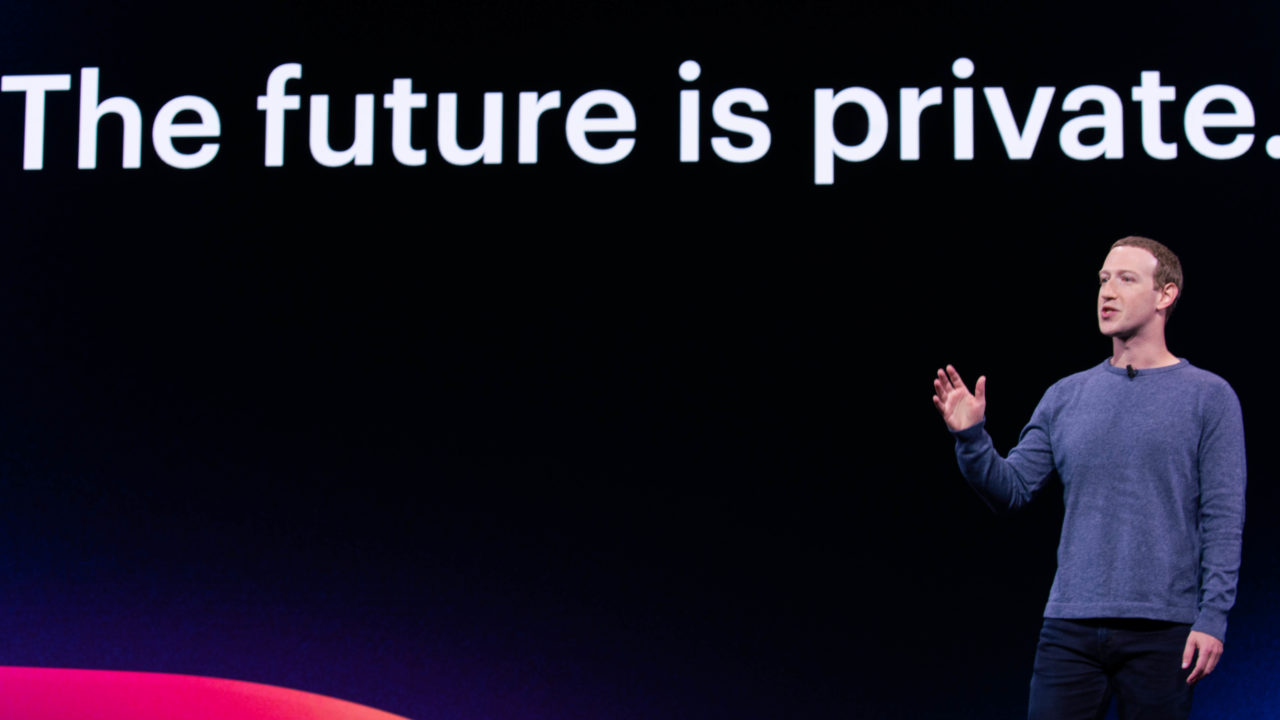
News Flash to Lina Khan: Meta is No Monopoly
According to the FTC’s summary of their case against Meta, the principal justification for their legal action against the supposed ‘tech giant’ is that “the company is illegally maintaining its personal social networking monopoly through a years-long course of anticompetitive conduct.” While this claim may seem credible to laymen, those who have been paying even the slightest amount of attention to Meta’s market performance over the past year can easily discredit the FTC’s premise.
The claim that Meta is an unassailable monopoly and market titan in the social media industry is easily dismissed in the light of the firm’s abysmal market performance over the course of the past year. Meta’s market cap collapsed by more than $700 billion from approximately $ 1 trillion to under $300 billion between July of 2021 and November of 2022. Meta’s collapse in value has been so drastic that it no longer qualifies as a target for Senator Klobuchar’s (D-Min.) American Innovation and Choice Online Act, which seeks to mutilate successful American tech companies with a market cap equal to or greater than $550 billion and 50 million monthly users in the US.
Meta’s decline has been so substantial that the firm’s CEO and founder Mark Zuckerberg announced that he will be reducing the number of Meta’s employees “by about 13% and let more than 11,000 of [his]… employees go.” Moreover, Zuckerberg has announced that the firm is “planning to hire fewer people next year” in an attempt to reduce the hemorrhaging of the firm’s revenues. In addition to laying 13% of the firm’s employees and implementing a hiring freeze, Zuckerberg has also pledged to “roll out more cost-cutting changes” in the coming months.
Reductions in the market value, number of employees, and spending of a firm are not commonly indicative of a monopoly. On the contrary, they are indicators of an inefficient firm operating in a highly competitive industry. The FTC’s lawsuit against Meta under the pretense that the firm is “maintaining [a] social networking monopoly” is flawed in that the firm has been prompted to reevaluate its inefficient practices and adopt radical change. In other words, Meta is not immune to failure. Moreover, the firm never had a monopoly on social networking to begin with given the popularity of competitors like TikTok, Snapchat, Twitter, and others.
In summary, the FTC’s claim that Meta “has engaged in a systematic strategy… to eliminate threats to its monopoly” is ludicrous in light of the fact that recent developments within the firm and greater industry have made clear that the firm is nowhere near immune to failure or competition. Unsurprisingly, the commission’s authorization of this suit in a 3-2 decision with the dissenters being the 2 conservative leaning commissioners at the time serves to validate claims that Lina Khan’s activist FTC is advancing a partisan agenda at the expense of the FTC’s legitimate functions.
